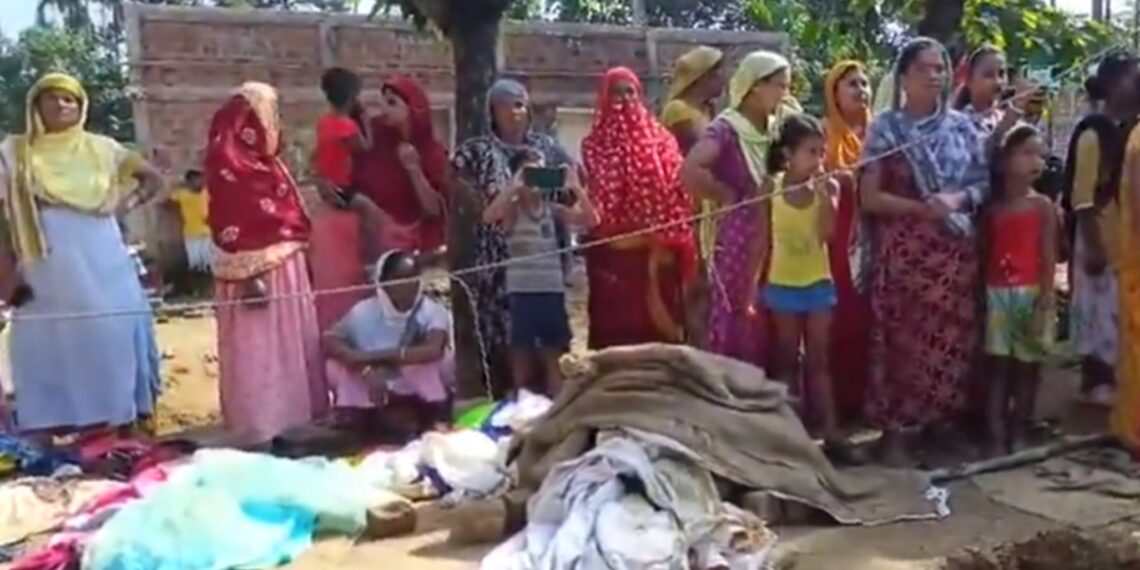Guwahati: A series of large-scale eviction operations in Assam since June has drawn sharp criticism from academics, legal experts, and civil society members, who allege the drives are politically motivated and aimed at influencing public sentiment ahead of next year’s assembly elections.
According to official figures, at least nine major eviction exercises have been carried out in recent months, displacing thousands of residents from reserve forests and grazing lands in districts including Golaghat and Lakhimpur.
Authorities say the moves are meant to clear encroachments and protect forest areas, but critics argue that the pattern of targeting specific communities suggests a deeper political intent.
Prominent neurosurgeon and political commentator Dr. Navanil Barua claimed the operations are less about land recovery and more about shaping perceptions in Upper Assam. “These evictions are feeding into a communal narrative, particularly against Bengali-speaking Muslims, often referred to as ‘Miyas’. The timing makes it hard to ignore the electoral angle,” he said, adding that such drives might fade from focus after the polls.
Political scientist Pallavi Deka of Handique Girls’ College said the lack of rehabilitation measures points to motives beyond environmental protection.
She noted that the government’s messaging around “saving indigenous tribal commons” risks deepening communal divides.
In the past 10 days alone, over 10,000 bighas — more than 1,400 hectares — of land have been cleared in the Rengma, Nambor South, and Doyang Reserve Forests, along with a Village Grazing Reserve in Lakhimpur.
Around 2,200 families, most from Bengali-speaking Muslim backgrounds, have been affected.
Legal experts have also raised concerns. Advocate Santanu Borthakur argued that while occupation of forest land without legal rights cannot be legitimised, the selective targeting of one community is discriminatory.
He also criticised the Chief Minister’s reported statement that other groups would be exempt from eviction, calling it unconstitutional.
The government has defended its actions, citing the need to protect forest areas and prevent encroachments, particularly in sensitive border zones with neighbouring states.
ALSO READ: Six militants from five banned outfits held in Manipur
However, critics point out that many of the displaced claim their families were settled in these areas decades ago under previous state administrations.
Kaustubh Deka, a political science lecturer at Dibrugarh University, said the situation demands a balanced approach — addressing allegations of selective targeting, respecting rights under the Forest Rights Act, and avoiding measures that could inflame Assam’s already tense border disputes.
Rights advocates have also stressed that eviction without rehabilitation goes against legal and humanitarian norms, with Supreme Court rulings emphasising the need to provide alternative arrangements even for pavement dwellers.















